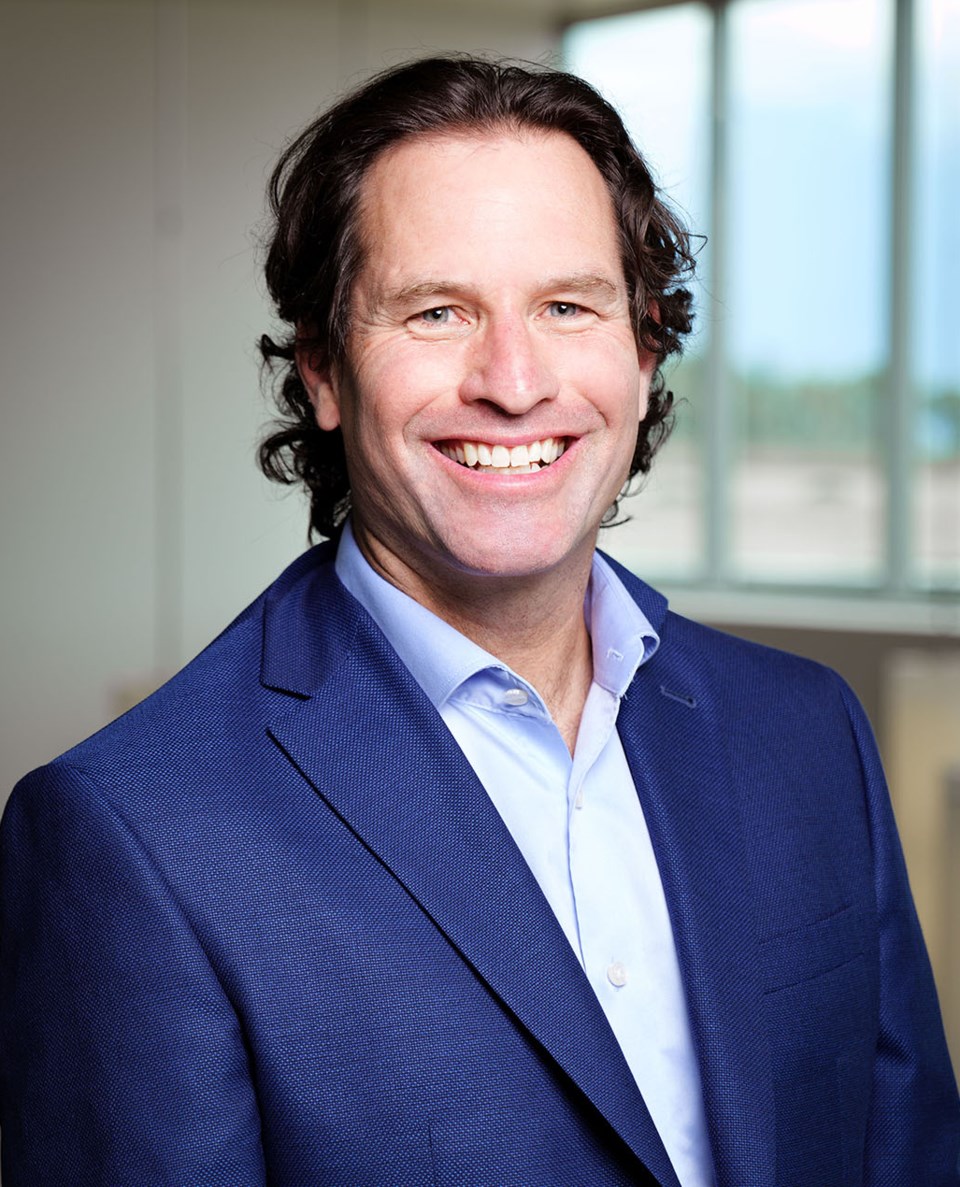Lakehead University will showcase the best of student and faculty research during Research & Innovation Week 2022, March 7 to 11. Daily this week, OrilliaMatters will feature some of the faculty researchers at the university’s Orillia campus.
********************
Supported in part by a recent $155,252 Social Sciences Humanities Research Council (SSHRC) Partnership Engagement Grant, Dr. Gary Pluim, Assistant Professor in the Faculty of Education at Lakehead University, is leading a study that follows the transfer of curriculum between Commonwealth countries in the Caribbean, South Pacific, Eurasia, and sub-Saharan Africa.
“This is an intercultural education project across several continents,” Pluim said.” Basically, we plan to investigate the implications of educational curriculum being shared between Commonwealth countries.”
The project involves a primary partnership between the Commonwealth of Learning and Lakehead University. It follows a variety of curriculums, such as human rights, mental health, and climate change education, all geared as a foundation for the certification of youth workers.
“The curriculum is produced in one country and then locally curated for use in another country of the Commonwealth," Pluim explained.
The study is focused on small countries with populations of one to two million people or less, Pluim said.
“Similarities between small countries, in many cases small island developing states (SIDS), may make it conducive to share these curriculums.”
In comparative education research, SIDS have been shown to have numerous similarities in relation to political, economic, and environmental issues.
When the curriculum arrives in a new country, a group of local stakeholders seeks to culturally curate the curriculum for relevance in their country. The study uses critical, participatory action research methods involving deep, interpersonal dialogue to uncover local perspectives on the limitations and potentialities of transferred curriculum.
“The research really looks at the extent to which educational programming can be packaged and exported to different countries, the assumptions we make about the nature of knowledge, and the implications of sharing curriculum around the world,” he said.
“We draw on decolonial scholarship to critique a widespread perception that curriculum and knowledge are universal. In this vein we ask, ‘to what extent does place, culture, and nationality matter in education?’”
Pluim’s research will track curriculum as it moves between the Caribbean (The Bahamas), sub-Saharan Africa (Botswana, Eswatini, The Gambia, Lesotho), and Eurasia (Cyprus, Malta, Maldives).
An important focus in a project like this is searching for various types of hidden curriculums.
Through a collaborative, critical deconstruction of the curriculum being transferred, this research gets to the tensions between imported curriculum and local or national values.
“Knowledge and curriculum are laden with values and assumptions, worldviews and perspectives on political economies…even religion and spirituality. Knowledge is connected to power, so one question we ask is whether curriculum transfer serves local purposes or whether it contributes to continued colonialism through education,” said Pluim.
With education increasingly available to people through online platforms – the pandemic has accelerated that momentum – Pluim is also looking at the impact of globalization on curriculum.
“Virtual curriculums are increasingly accessible to learners around the world,” Pluim said. “We are looking to see if there is a balance between transferring it, but with the input of local curation. If there are similarities between the 30 small countries of the Commonwealth, then being able to take a curriculum that’s working in one country—from the South Pacific, for example— and transferring it to another country, say in the Caribbean, might prove to be effective, efficient and practical.”
In examining the commonalities between countries, the study looks to disentangle curriculum said to have universal applicability.
Beyond the primary partnership between the Commonwealth of Learning and Lakehead University, additional local partners include the Southern African Development Community in South Africa, the Commonwealth Centre for Connected Learning in Malta, and the Lesotho Distance Teaching Centre.
Including inputs from all partners, the total project funding is $301,000. This funding will support a three-year project, culminating with a youth work education summit at the Lakehead Orillia campus in 2024.
